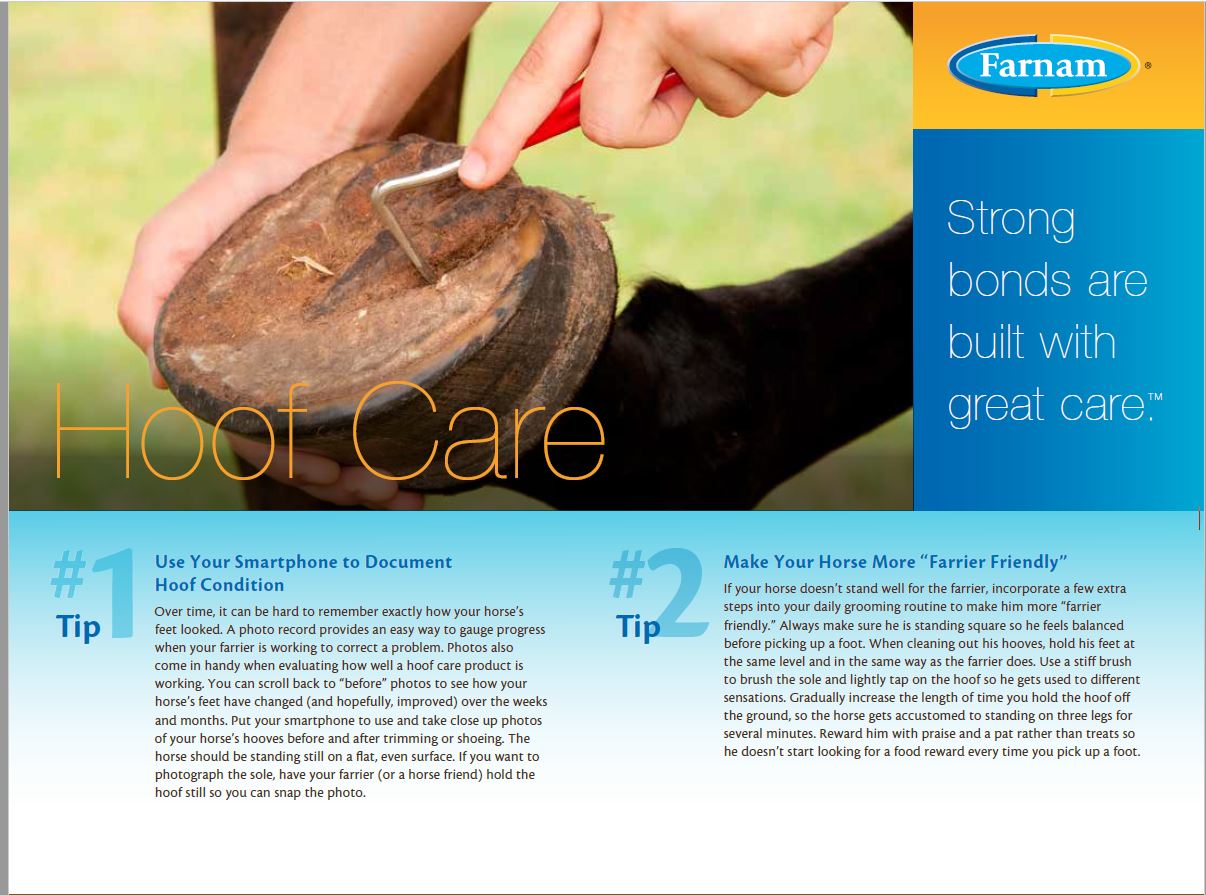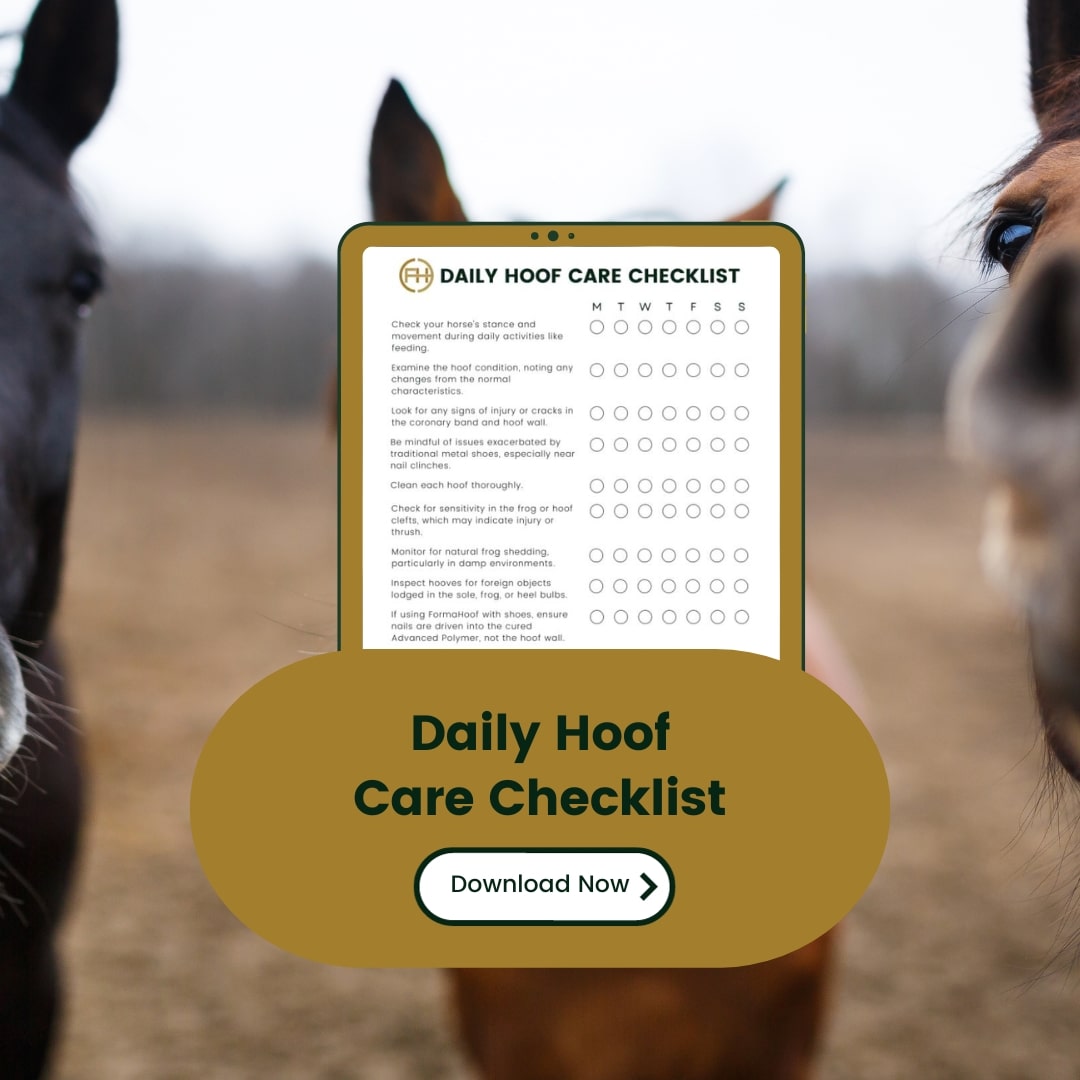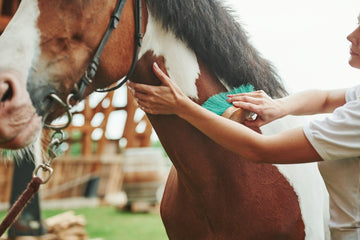Comprehensive Guide to Horse Care & Management 🐴

Caring for horses requires dedication, knowledge, and a structured approach to ensure their health, happiness, and performance. This guide covers essential aspects of horse care and management, providing practical tips and expert advice.
Table of Contents

- Introduction to Horse Care
- Daily Care Routine
- Nutrition and Feeding
- Grooming and Hygiene
- Health and Veterinary Care
- Exercise and Training
- Housing and Environment
- Common Issues and Solutions
- Frequently Asked Questions (FAQ)
1. Introduction to Horse Care
Horse care involves meeting the physical, emotional, and social needs of horses. Proper management ensures longevity and well-being.
2. Daily Care Routine
- Feeding: Provide fresh water and balanced feed twice daily.
- Cleaning: Muck out stalls and remove manure to maintain hygiene.
- Exercise: Allow turnout or riding to keep horses active.
- Observation: Check for signs of illness or injury.
3. Nutrition and Feeding
| Nutrient | Importance | Sources |
|---|---|---|
| Carbohydrates | Primary energy source | Hay, grains |
| Proteins | Muscle repair and growth | Alfalfa, soybean meal |
| Fats | Concentrated energy | Vegetable oils |
| Vitamins & Minerals | Support immune system and bone health | Supplements, forage |
Tips:
- Avoid sudden diet changes.
- Provide clean, fresh water at all times.
4. Grooming and Hygiene
Regular grooming promotes circulation, removes dirt, and strengthens the bond between horse and owner.
- Use curry combs, brushes, and hoof picks.
- Check for wounds or parasites.
- Bathe horses as needed, especially in warmer months.
5. Health and Veterinary Care
- Schedule regular vet check-ups.
- Vaccinate against common diseases like tetanus and influenza.
- Deworm regularly based on fecal tests.
- Monitor for lameness or behavioral changes.
6. Exercise and Training
- Tailor exercise to the horse’s age, breed, and fitness.
- Incorporate warm-up and cool-down periods.
- Use positive reinforcement techniques.
7. Housing and Environment
- Provide shelter from extreme weather.
- Ensure clean, dry bedding.
- Maintain safe fencing and secure gates.
8. Common Issues and Solutions
| Issue | Symptoms | Solutions |
|---|---|---|
| Colic | Abdominal pain, rolling | Call vet, provide water, avoid feed changes |
| Laminitis | Lameness, heat in hooves | Immediate vet care, dietary management |
| Respiratory Issues | Coughing, nasal discharge | Improve ventilation, vet consultation |
9. Frequently Asked Questions (FAQ)
Q1: How often should I groom my horse?
A: Daily grooming is ideal to maintain coat health and detect issues early.
Q2: What is the best type of feed for horses?
A: A balanced diet of forage, grains, and supplements tailored to the horse’s needs.
Q3: How can I tell if my horse is sick?
A: Look for changes in appetite, behavior, temperature, and movement.
Proper horse care and management are vital for the well-being of these majestic animals. By following these guidelines, owners can ensure their horses live healthy, happy lives.
Ready to dive deeper into any of these topics?
